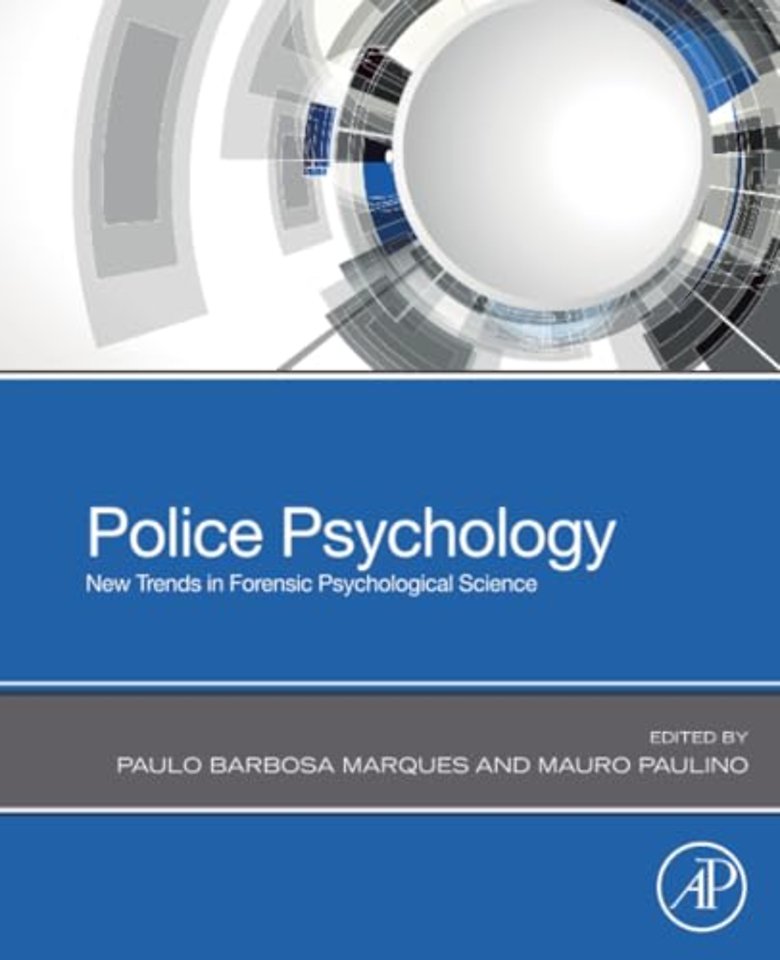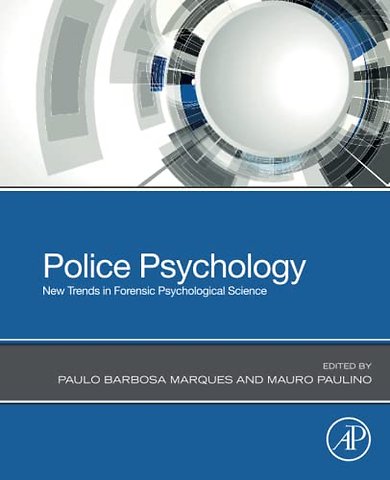<p>Part I - Psychology in police culture and law enforcement agencies<br>1. The ethical practice of police psychology<br>2. The role of the psychologist in the screening and selection of Law enforcement applicants<br>3. Incorporating psychological skills in police academy training<br>4. Burnout and the psychological impact of policing: Trends and coping strategies<br>5.Trauma and critical incident exposure in law enforcement<br>6. From ideation to realization: Exploring the problem of police officer suicide</p> <p>Part II - Psychology applied to policing issues<br>7. Psychological jurisprudence and the role of police psychology in community psychology<br>8.The role of psychological science in public order policing<br>9. Improving police procedures for dealing with mental illness<br>10. Communication as a weapon for resolving hostage and barricaded situations<br>11. Contributions of psychological science to enhancing law enforcement agencies' response to intimate partner violence<br>12. The contribution of psychological science in police response to sexual assaults</p> <p>Part III - Psychology in criminal investigation<br>13. Beyond reasonable doubt: How to think like an expert detective<br>14. Developing a psychological research base for criminal investigations: Academics and practitioners working together<br>15. Threat assessment in law enforcement: Advances in the appraisal and management of violence risk by police<br>16. Investigative interviewing: Exploring the contamination timeline of witness memory<br>17. Is confession really necessary? The use of effective interviewing techniques to maximize disclosure from suspects<br>18. Offender profiling: A review of the research and state of the field</p>

